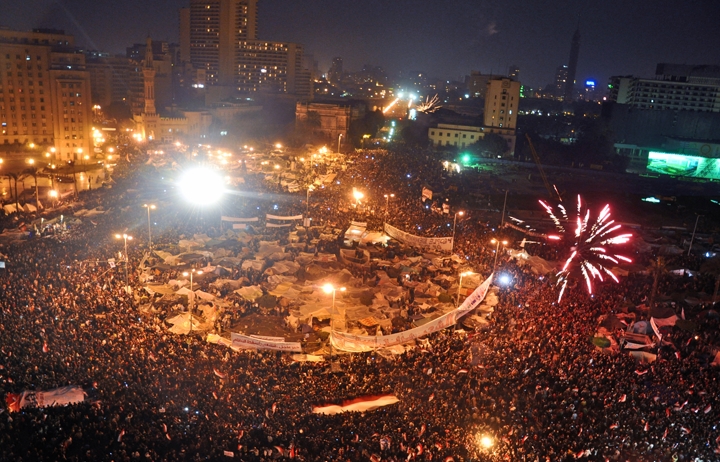The Geopolitics of the Arab Spring

Date
3 July 2014
Location
Egmont Palace, Brussels
The Arab Spring, which has brought hope to a generation that has rejected authoritarianism and corruption, has affected, to a different degree, all countries of the Arab world.
Internal political change, which has brought religious parties in power (though for how long remains to be seen), has consequences that surpass the national borders. A region characterized by a certain stagnation has now at least partially become a zone of turbulence, of civil war even. The international repercussions play out at the regional, at the Euro-Mediterranean, and at the global level, as the great powers (the US, Russia and China) are adapting and designing a response to new challenges.
New regimes may lead to new alliances, but also to new or renewed antagonisms. That there is a great impact on the foreign and security policy of the EU is obvious. What is our agenda? Is a collective European geopolitical analysis feasible, and which EU strategy would it produce?
This international expert seminar aims to assess the internal developments in the region, and the foreign and security policies of the key actors, in order to feed a thorough strategic reflection in Europe:
-Starting from a interim assessment of where the Arab Spring has brought the region.
-Panel 1 will seek to identify the main challenges, for the countries concerned and their immediate neighbours as for Europe.
-Panel 2 will assess the role of external powers, regional and global, from the United States (in the midst of its re-balancing towards Asia) to China, Russia and the Gulf states.
-Panel 3 will address EU strategy for the region, in the area of the Common Foreign and Security Policy as in development and reconstruction.
Please find the programme of the Seminar here.
French version available here.
(Photo credit: Jonathan Rashdag, Wikimedia Commons)